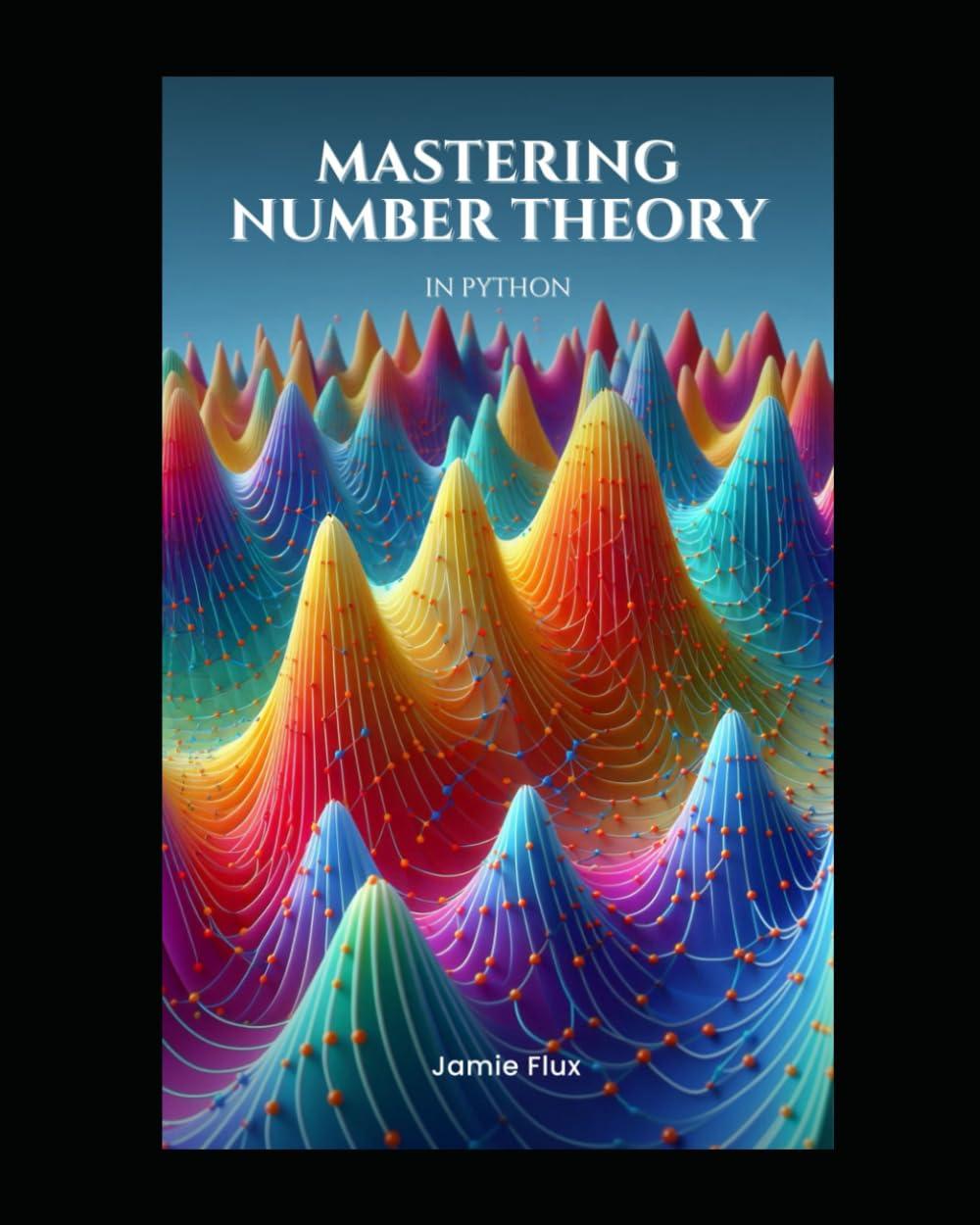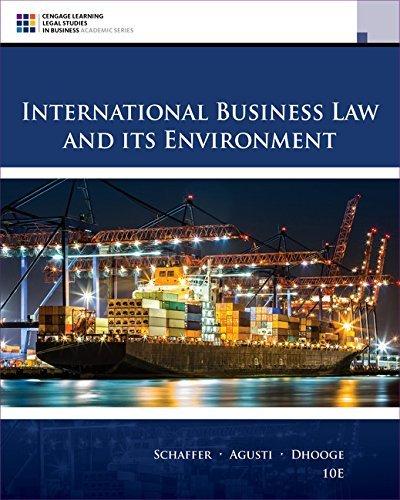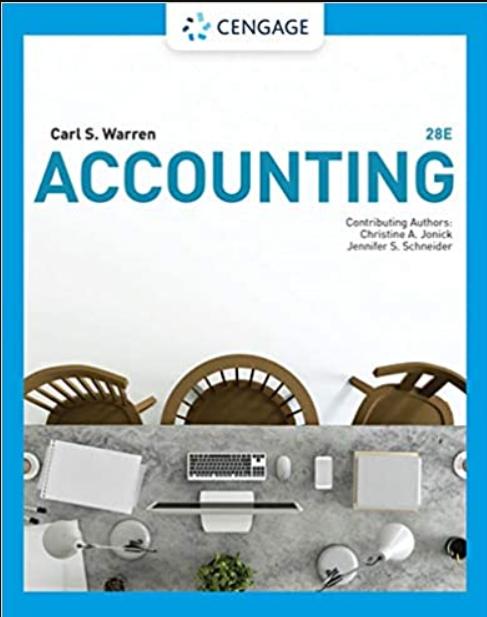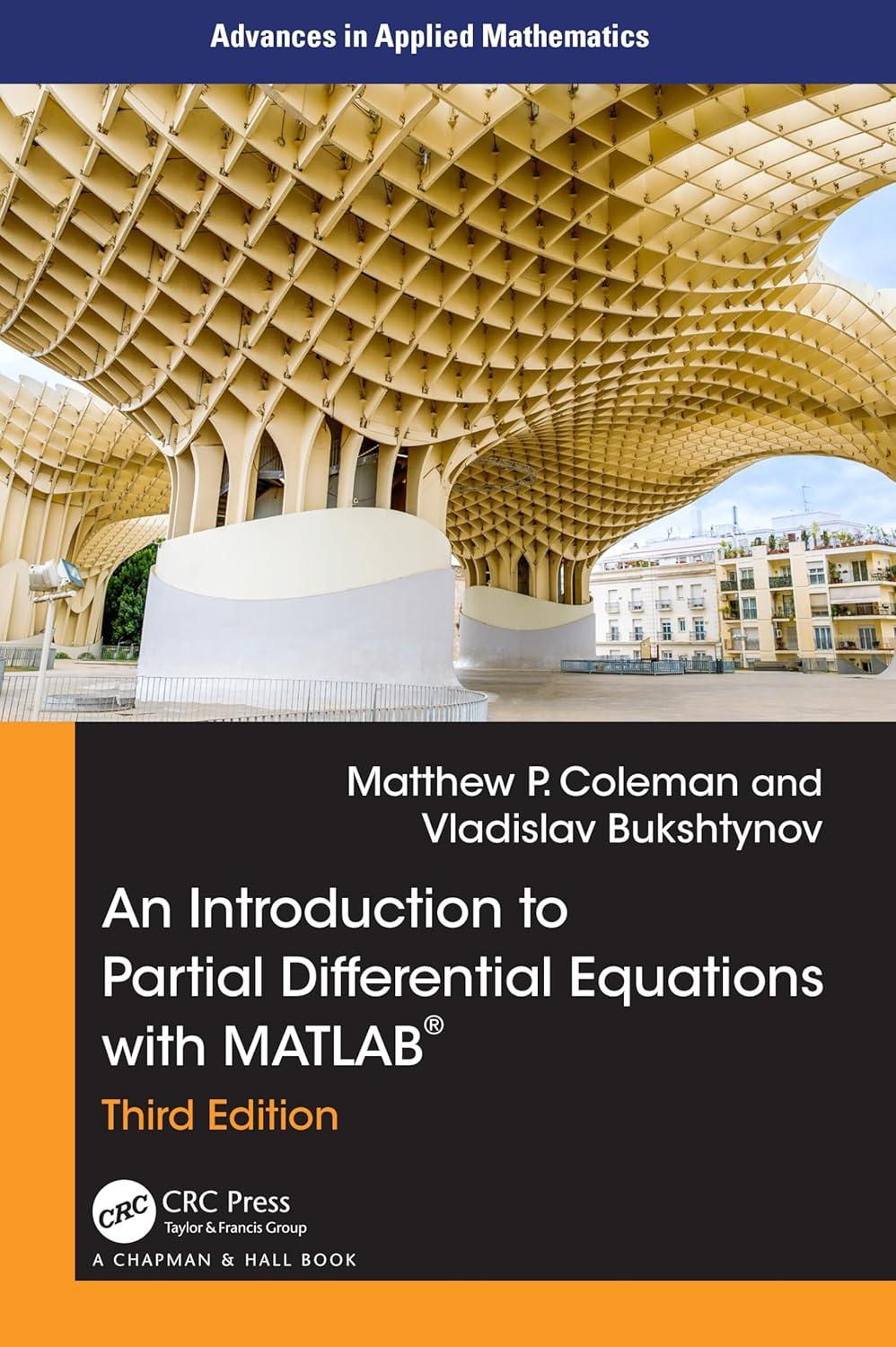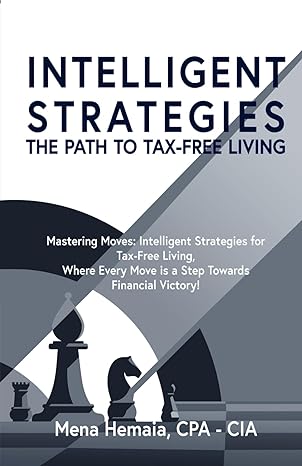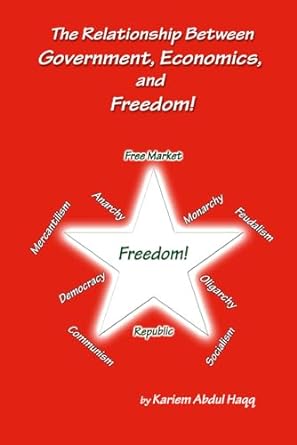Go back

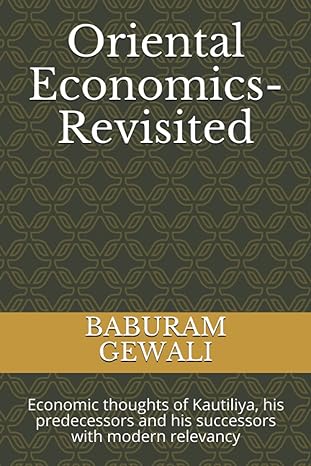
Oriental Economics Revisited Economic Thoughts Of Kautiliya His Predecessors And His Successors With Modern Relevancy(1st Edition)
Authors:
Baburam Gewali

Cover Type:Hardcover
Condition:Used
In Stock
Shipment time
Expected shipping within 2 DaysPopular items with books
Access to 30 Million+ solutions
Free ✝
Ask 50 Questions from expert
AI-Powered Answers
✝ 7 days-trial
Total Price:
$0
List Price: $24.44
Savings: $24.44(100%)
Book details
ISBN: 8711078081, 979-8711078081
Book publisher: Independently published (June 25, 2022)
Get your hands on the best-selling book Oriental Economics Revisited Economic Thoughts Of Kautiliya His Predecessors And His Successors With Modern Relevancy 1st Edition for free. Feed your curiosity and let your imagination soar with the best stories coming out to you without hefty price tags. Browse SolutionInn to discover a treasure trove of fiction and non-fiction books where every page leads the reader to an undiscovered world. Start your literary adventure right away and also enjoy free shipping of these complimentary books to your door.
Book Summary: Oriental Economics- Revisited The book starts with the origin of Arthashastra in oriental tradition. The next article is a comparison of the definition of economics given by oriental economists- Katuilya and Shukra and western economists- Marshall and Robbins. The Third article is really an interesting one because gives an idea of the fist economic thinking whose name has been lost in economics. The fourth article focuses on the distribution wealth as discussed in Upanishads. The fifth and sixth articles provide a brief account of the economic systems in Kautilya-Marya period. The seventh and eighth articles are on the revenue collection and economic administration in Kautiliya and Shukra with slightly comparison with modern times. The ninth article deals with price theory and policy in past which is the root of modern economics, specially microeconomics. Tenth article introduces the economic thought of Chandeswar- who was a minister in Harisingh Deo, a Malla ruler in Nepal. His time has been estimated as 14 th century. The next article is a comparison of Malthusian theory of population with the view of Yogavashistha and the last topic deals with Trivarga balance with modern general equilibrium theory.Dr Babu Ram Gewali, a professor of oriental economic thoughts in Tribhuvan University, Nepal, is a well known author. He has published research papers within and outside the country, He is presenting his ideas on oriental economic thought in seminars.
Customers also bought these books
Frequently Bought Together
Top Reviews for Books
Paula Royster
( 4 )
"Delivery was considerably fast, and the book I received was in a good condition."




